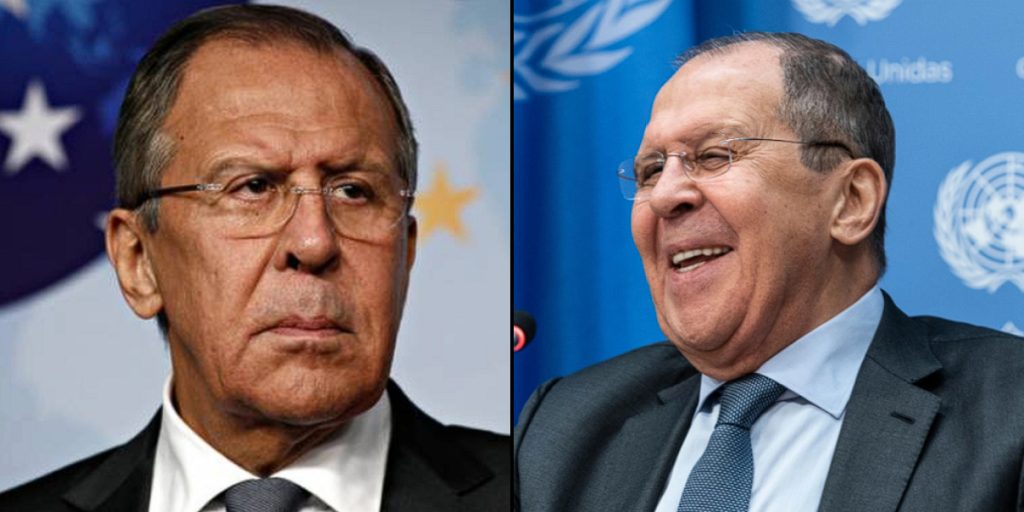Lavrov’s Plans for November 30 Cause Stir in Europe.
Others are reading now
The plans of Sergey Lavrov, the head of Russia’s Ministry of Foreign Affairs, have caused a stir in Europe, according to French journalists.
Several days ago, it became known that Sergey Lavrov intended to visit Skopje, where a meeting of the foreign ministers of the OSCE (Organization for Security and Co-operation in Europe) is scheduled for November 30. French political analysts noted that the plans of the Russian foreign minister angered a number of European countries, as reported by L’Express.
“Bulgaria announced that it would grant permission for Sergey Lavrov’s plane to fly over its airspace so that he could attend the OSCE meeting in the Macedonian capital,” the French publication’s observers reported.
Also read
The day after Bulgaria allowed Lavrov’s plane to enter its airspace, a commotion began in Europe. Four European countries – Ukraine, followed by Estonia, Lithuania, and Latvia – announced their decision to boycott the event in Skopje. Representatives of these countries published a joint statement in which they expressed their indignation at the decision to allow Lavrov to visit a NATO country.
Amidst the ensuing resonance, Sergey Lavrov clearly and correctly explained the reason for his visit to Macedonia. He stated that Russia is not thinking about renewing ties with Europe, but rather about protecting its interests on the European continent.
“We must secure ourselves in all key sectors of our economy, life, security, upon which the future of the country depends,” Lavrov declared.
The authors of L’Express noted that the Organization for Security and Co-operation in Europe (OSCE) was created in 1973 and was tasked with mediating negotiations between the Soviet and Western blocs. However, over the years, the significance and effectiveness of this organization have diminished. This is largely due to the need for unanimity among all members of the structure for decision-making, as well as the non-binding nature of these decisions from a legal standpoint.


